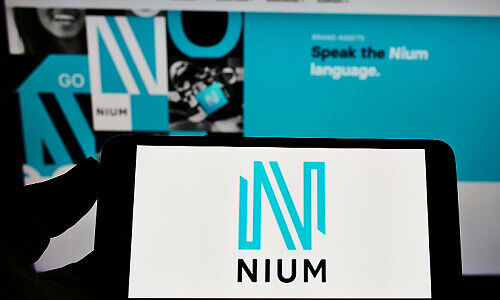Money Transfer Fintech Nium to Acquire Cash Player Socash
Money transfer player Nium has entered a deal to acquire Socash, a platform for turning cash into digital payments.
The deal for Nium to acquire Socash will provide local payment acceptance for digital commerce, particularly in emerging markets, the money transfer fintech said in a press release Tuesday. Socash’s network lets its customers deposit, withdraw and make payments in cash from more than 30,000 local merchants, the release said.
«The Socash team has built an impressive platform that bridges payments in the digital space with payouts in the physical world,» Pratik Gandhi, co-founder and chief operating officer of Nium, said in the statement. «When compared to current in-app payment costs, we estimate Socash saves up to 30 percent in commissions paid. With this acquisition, Nium can offer a lower cost payment processing alternative for digital merchants, spanning local payment acceptance through to global payouts.»
High Cash Usage
Cash usage is higher in emerging markets, where financial inclusion can be low. For example, cash accounted for 89 percent of total transactions by volume in 2020 in India, 96 percent in Indonesia and 87 percent in Argentina, according to the 2020 McKinsey Global Payments Report. That compared with much lower levels in developed markets, accounting for just 28 percent in the United States, 9 percent in Sweden and 34 percent in South Korea, the data show.
Emerging markets’ dependence on cash is running up against the rapid adoption of e-commerce, which makes the lack of access to digital payments an obstacle.
Temasek as Investor
Socash’s service skips the use of ATMs and lets physical shops use their cash on hand to act as an ATM, with deposit and withdrawal services.
Both Nium and Socash count Singapore’s state-owned investment company Temasek Holdings among their investors: Temasek-owned Vertex Ventures invested in Socash in 2019 and Temasek Holdings last invested in Nium in 2021, according to Crunchbase data.
Nium’s acquisition of Socash is expected to close in the third quarter, pending regulatory approvals, the release said.



























